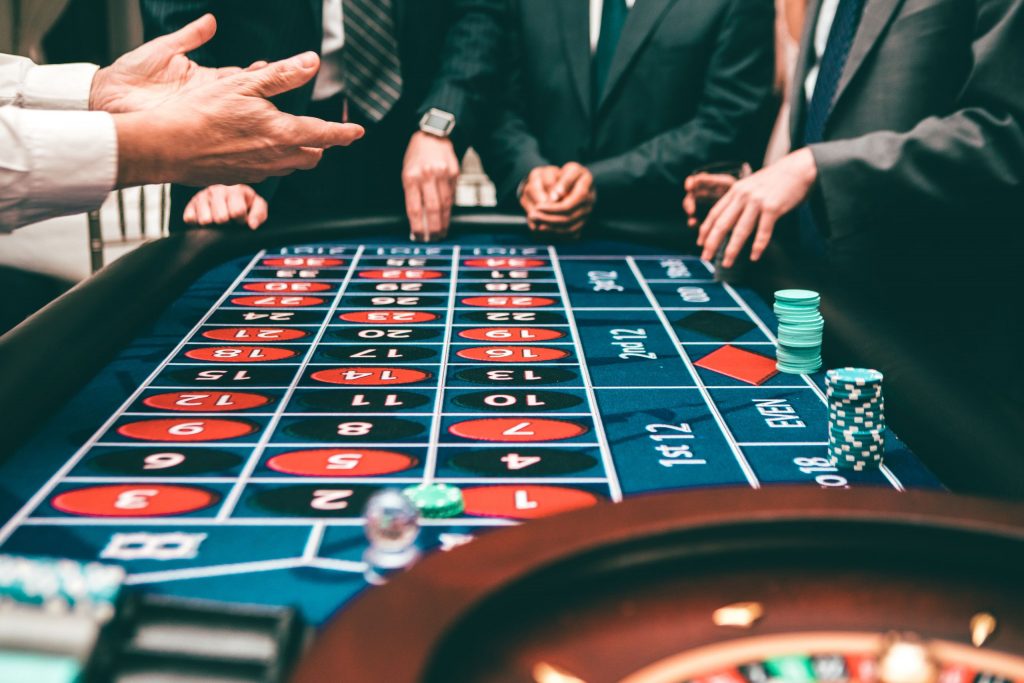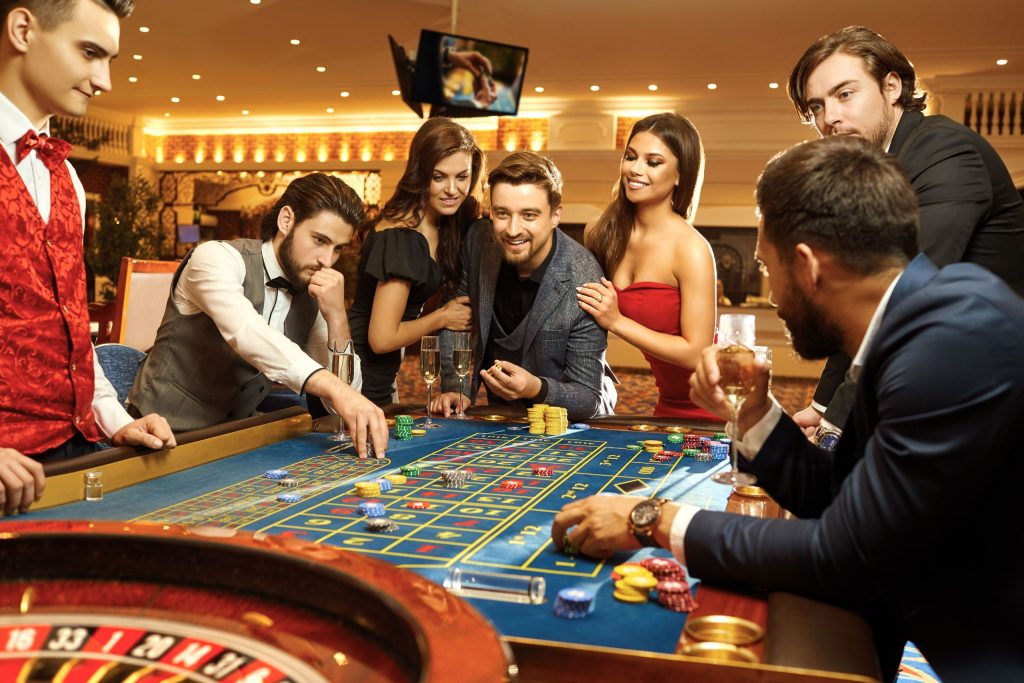Mind Over Money: Mastering Control In The World Of Gambling

Since gaming offers excitement as well as entertainment, millions of people feel significant appeal in it. For many, it provides an interesting escape from everyday life, a thrill from the random nature of games and the chance for cash gains. However, psychological issues like the impulse to seek losses or the adrenaline spike that could motivate risky behavior often accompany this entertainment value. Though exhilarating, the rush of success might skew judgment and lead individuals to overbet, therefore increasing their risk over what they could afford to lose. One ought to preserve control over their gambling conduct if they want to enjoy the event sensually. Clear time and money limits ensure that gaming is a fun and interesting past hour and assist players avoid the risks of hurried decisions. A good relationship with gambling depends on knowing how to balance risk with fun.
Understanding the Psychological Triggers of Gambling
When it comes to gambling, our decision-making process depends much on dopamine. Your brain produces dopamine when you win, which causes that surge of pleasure and drives you to want to go through it once again. Because every victory supports the practice, this drives a strong need to continue gambling. Still, near-miss events—such as nearly winning or approaching a large payoff—can be as influential. They fool your brain into believing you are on the brink of success, which motivates you to keep playing in hope that the next round will at last provide that large gain. This cycle of pursuing success and near-misses might distort your judgment and lead you to overlook the prospective consequences and gamble more recklessly.
Better gaming techniques need a knowledge of these triggers. Knowing when dopamine influences your decisions can assist you to back off and evaluate your motives. Remember that this is just a mental trick; rather than allow the thrill of a near-miss propel you to risk more. By raising awareness and enforcing acceptable limits on your gaming behavior, you may break out from the loop and make more rational judgments. This helps you to savor the thrill of gambling without being caught in the trap of addiction.

The Importance of Setting Limits
In safe gambling, establishing betting limits for time and money is very vital. Establishing these predefined limits builds a structure that keeps your gambling experience fun instead of unpleasant. Choosing ahead of time how much money you can afford to spend—and then keeping to that amount—helps you avoid the all too frequent impulse to chase losses or gamble more than you meant. It’s like having a safety net; when you know your boundaries, you can concentrate on having fun free from concern about financial pressure hovering over your head.
Like money, time constraints are as vital. Setting certain gaming hours helps you prevent being engaged in marathon sessions that could cause tiredness and bad judgment. Steering clear of the game and taking pauses assist you keep a clear head and lower your chance of impulse behavior. These limitations not only help you save money but also guarantee that gaming is a pleasure activity instead of a cause of concern. These restrictions finally inspire you to grow a sensible and balanced attitude, which will help you to appreciate the excitement of the game free from financial risk.
Recognizing Signs of Overbetting
Maintaining control and preventing further issues rely on a knowledge of the warning signs of compulsive gambling. One crucial indication is chasing losses; a gambler keeps on hoping to recover money lost before. This sort of thinking may lead to deeper financial troubles as well as emotional conflict. If you find yourself saying, “I just need to win back what I lost,” it begs concerns about whether you could be caught in a negative cycle.
Still another vital sign is emotional conflict. Many gamblers resort to their hobby to let stress or negative feelings pass. It’s time to back off if you find yourself gambling more to deal with worry or throughout trying circumstances. Early recognition of these trends can assist you to recover control. One smart advice is to commit to a limit on your gaming time and financial outlay. Monitoring your emotions and motives both before and after gambling sessions may also help you to determine if your behavior is good or negative. Remember, if you feel overwhelmed it’s OK to ask for assistance and aid.

Strategies to Stay in Control
Regarding gaming, it is essential to pause often. Steering free of the table or the screen lets you relax and rethink your approach. While losing track of time and being caught up in the thrill is common, a little pause can help you refocus and make wiser judgments. Spend this time considering your budget, checking in with your feelings, and reminding yourself why you are playing in the first place—that is, to have fun!
Enjoying your gaming experience sensibly depends on you keeping to your budget. Clearly decide how much you are ready to spend, then keep to that no matter what. Particularly in cases of big stakes, fight the need to seek losses or increase your bets. Remember that the game itself should provide the thrill of gambling, not just from the probable win-back. Keeping a mindful mindset can help you to appreciate the enjoyment of playing instead of just worry with winning or losing. Thus, breath deeply, accept the pleasure, and restrain your gambling habit.
Seeking Help and Support When Needed
When gambling habits spiral out of control, looking for friends, family, or support groups might alter everything. Open communication about your difficulties can allow you to lessen your burden and help you to feel less isolated. Speaking with someone who loves will help you to see things from another angle and remind you that you are not traveling this road alone yourself. Often the boost you need to remain dedicated to breaking free, they may provide understanding and support.
For some of your stress, for example, talking to a close friend about your feelings might help. They might even describe their own challenging events, therefore strengthening relationship and reminding you that everyone lives under demanding conditions. Attending a support group also helps you to meet others who really know what you are going through. These settings encourage honest communication wherein the healing process includes the sharing of achievements and disappointments. Recall that vulnerability may be a strength; hence, reaching out is a start towards recovering your life.

Conclusion
Enjoying gambling as a safe and enjoyable pastime depends on an awareness of psychological triggers because it helps players to identify the emotions and cognitive biases that could lead to negative behaviors such loss aversion and gambler’s fallacy. Setting limitations on time and money spent helps people to keep control and stop the development of gambling into a troublesome activity. By means of community organizations or professional counseling, seeking assistance from supporting resources also promotes responsibility and resilience, therefore enabling players to participate in responsible gambling. Emphasizing this awareness and proactive attitude not only improves the whole gaming experience but also creates a better connection with the activity, thereby matching with personal values and long-term well-being.







